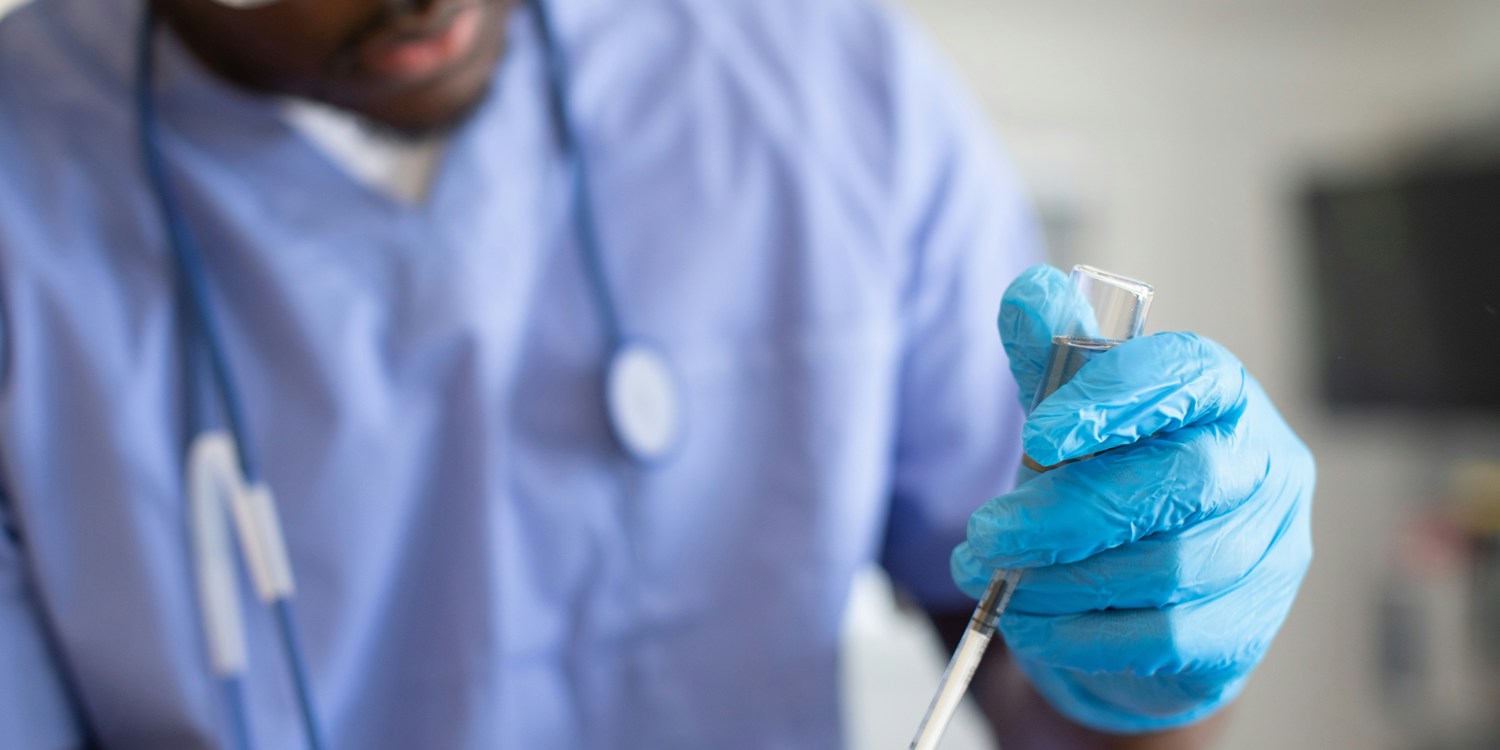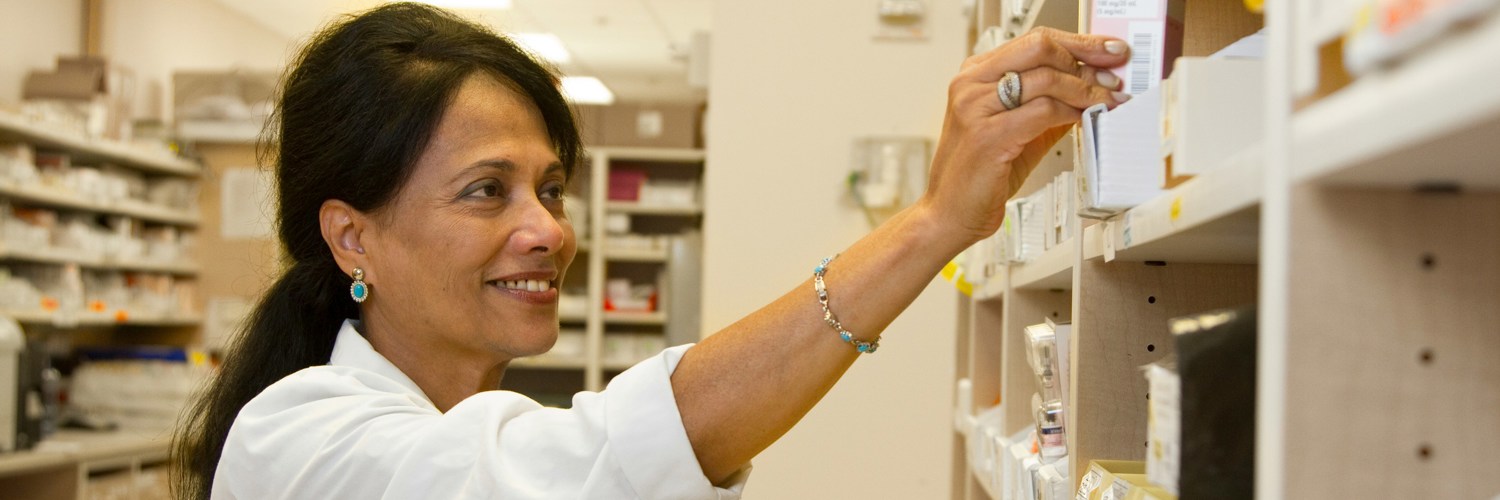Welcome to our new website! Find out what's new and access your member benefits here.
Healthcare
This section provides advice on looking after yourself, as well as practical information on how to obtain medical treatment.
Last updated on January 15, 2025

Page information
Last updated January 16, 2025
Please note that this page will be reviewed and updated in 2025.
Introduction
Last updated October 20, 2022
This section provides advice on looking after yourself, as well as practical information on how to obtain medical treatment. It also explains international students’ entitlement to free medical treatment under the UK state health system. It describes the different options such as Accident & Emergency, visiting your GP and hospital appointments.
To access health care in the UK, you need to register with a GP when you arrive. Your institution may provide information about how and where to do this locally.
Arriving in a new country is a very busy time for international students and there are a lot of changes to go through. In this type of situation, with all its stresses, you can find yourself paying less attention than usual to your health.
Existing health problems can also be made worse by the effects of adjusting to unfamiliar food, a different climate and the emotional strains of being away from home. It can be easy to concentrate on your studies and forget about taking care of yourself.
The accident and emergency department in hospitals is for emergencies only, if you are unsure you should call NHS 111 first or visit your pharmacy, they will be able to advise you. If you are in Northern Ireland then you should only use the NHS 111 number if your call is about coronavirus, if it is not then call Northern Ireland's out of hours service.
How the UK medical system works
Last updated September 15, 2017
England
Last updated October 20, 2022
Scotland
Last updated October 20, 2022
Wales
Last updated October 20, 2022
Northern Ireland
Last updated October 20, 2022
Register with a GP
Last updated September 07, 2016
When you arrive in the UK you should register with a local doctor as soon as you can. Do not wait until you are ill. Click on the information below to find out how to do this.
Prescriptions, Dentists, Opticians
Last updated September 15, 2017

Specific health issues
Last updated September 30, 2022
NHS Debt and Immigration
Last updated September 24, 2015
Since October 2011, the immigration rules have included provisions to refuse immigration applications by some people, if they have an outstanding unpaid invoice for NHS treatment.
See our information about General grounds for refusal
Insurance
Last updated February 09, 2016
Even if you are entitled to free NHS treatment whilst in the UK, you should consider taking out insurance which covers other medical-related costs. An insurance policy may cover, for example:
- lost fees if you are unable to complete your course;
- costs of returning home if a relative is ill;
- costs of a relative visiting you in the UK if you fall ill;
- cost of returning to your home country for treatment;
- or in the worst possible situation, returning a body home for burial.
There is often a long wait for NHS treatment, sometimes many months. An insurance policy which gives you access to private medical care could give you much quicker access to the treatment you need.
If you already have medical insurance in your home country, check whether you can extend it to cover your stay in the UK, as well as looking at options available from UK insurers.
Addresses and contacts
Last updated September 04, 2015
Related articles
-
Mental health support in the UK
Find out where to get support if you’re concerned about your mental health.
-
Facing culture shock
Cultural shock is common for international students. Be prepared for what it may mean and how you can navigate it.
Sign up to our free email newsletter
Stay in touch with UKCISA and get all of our updates before anyone else.

